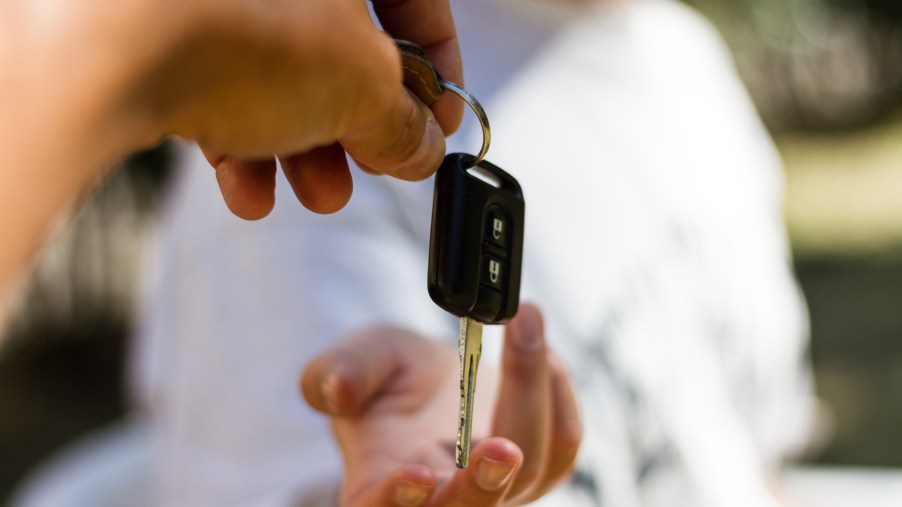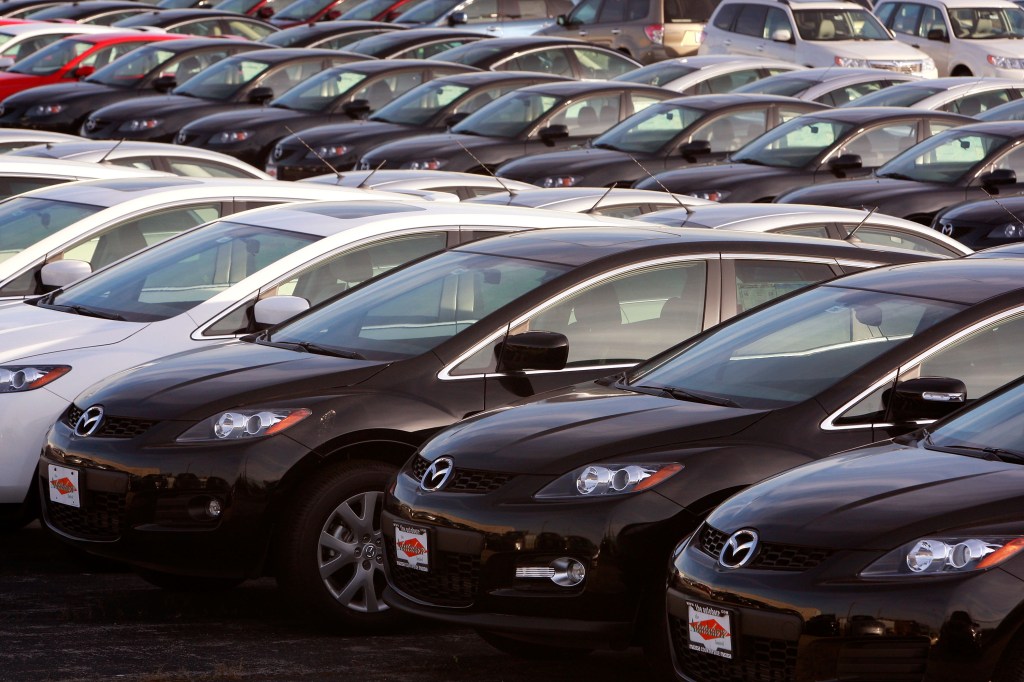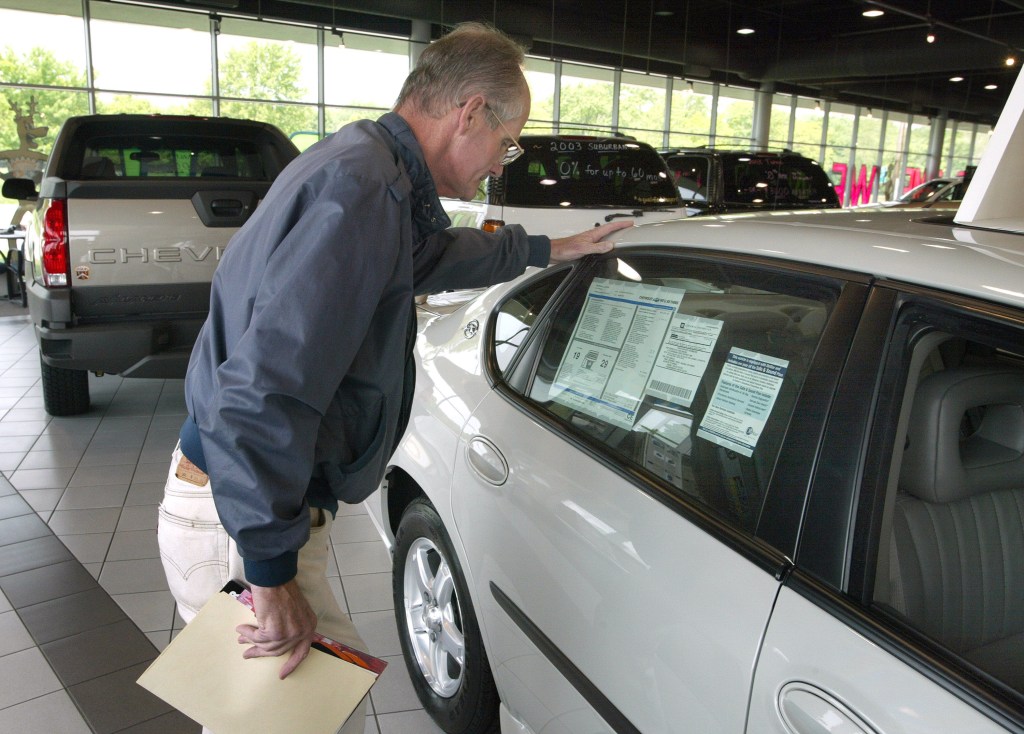
Why Do Dealers Make Low Offers When You Trade in Your Car?
If you’re shopping for a new car, then you’re likely thinking about trading in your current car to the dealer. We don’t blame you as it’s fast, convenient, and much easier than posting the car up for sale and finding the right buyer for it. While we do always suggest to sell it yourself if you have the time and energy, sometimes it just might not be feasible, which means that you’ll end up end getting it appraised by the dealer and getting hit with a lowball offer. But why do dealers usually make low offers on your trade?
Can the dealer sell the vehicle for a profit?
One of the first factors that dealers think about before making you an offer on your trade is whether or not they can sell the car on their lot or if they will need to send it to the auction. If your car happens to be in relatively good shape and has a low amount of miles on the odometer, then they will make you a higher offer, but don’t expect the KBB value at the “showroom condition” offer. Chances are, your car isn’t anywhere near tip-top shape.
On the other hand, if your car happens to have a high amount of miles and is in not-so-great condition, or is eight-years-old or more, then they will most likely have to send it to auction in hopes that they make some kind of profit off of it. In that case, don’t surprised if they offer $1,000 or less for your car.

Cost of reconditioning
Whether you would like to think so or not, your car probably needs some work done to it in order to make it worthy enough to sell on a dealer lot. In that case, the dealer also has to think about reconditioning costs in order to get it up to par. Repair items like tires, brakes, and painting bumpers can add up, and if that’s what your car needs, then the dealer will factor that it to your trade value, which will end up lower.
Inventory risk
When appraising your car, the dealer also needs to factor in the risk of putting your car on the lot. For example, if you’re trading in a $40,000 Aston Martin versus a $15,000 Honda Civic, then the odds are that the Aston Martin is going to sit on the lot for much longer than the Civic. In that case, they’ll likely take that into consideration as depreciation is also a factor wherever a car sits, whether it’s your driveway or a car dealer’s lot. If they think your car will be harder to sell and make a profit from (or at least break even), then they will likely make you a lower offer.

How can you get more money?
If you want to get more money for your trade, then we suggest taking care of some of the easy maintenance items that it needs (oil changes, other fluids, etc.) and selling it yourself to get top dollar for it. Also, if you need to trade it in, then take it to Carmax or Carvana first as they typically make higher offers for trades. If anything, don’t invest too much money if you’re going to trade in your because you likely won’t ever see it again. But if you need to take it to the dealer, just make sure it’s in the best possible shape and be sure to do your research on your car’s value so you know the ballpark amount you should be getting for it.



